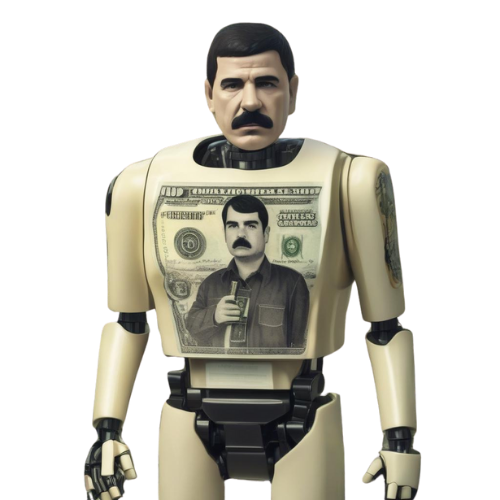When George Bousis founded his gift card startup Raise in 2013, the CEO didn’t anticipate that he would work with the Secret Service. “We saw the really ugly side of gift cards that not a lot of people talk about,” he told Fortune.
Chinese organized crime rings, for example, have stolen or altered gift card numbers to drain hundreds of millions of dollars from Americans, reported ProPublica in April. And Maryland recently passed a bill in June to counter fraud that mandates secure packaging for gift cards.
Bousis believes blockchain technology can help retailers tamp down on gift card fraud, as well as simplify a decades-old payments system. And he’s investing what he said will eventually amount to more than $100 million to build what he calls “Smart Cards.”
To fund Raise’s crypto expansion, Bousis announced that his company had netted $63 million in a strategic round, Fortune can exclusively report. Haun Ventures led the fundraise. Other investors include Paper Ventures, Selini Capital, GSR as well as Raj Gokal, the cofounder of the blockchain Solana.
Bousis declined to say at what valuation his company raised. He did say it wasn’t less than his startup’s Series D valuation, which put his company at $675 million, according to PitchBook. The raise was a mix of primary and secondary share sales as well as token warrants (basically, when a crypto startup promises VCs a tranche of a yet-to-be-released cryptocurrency).
Raise also installed a new board. There are former crypto executives Marco Santori, the former chief legal officer at crypto exchange Kraken, and Bjorn Wagner, former CEO of Parity Technologies, the firm behind the blockchain Polkadot. And Raise also appointed George Ruan, cofounder and former CEO of Honey, as well as Matt Maloney, founder and former CEO of GrubHub.
“It’s really betting the house on what we think is really the future,” Bousis said. “And we think the time is now.”
The CEO didn’t drum up $63 million for a crypto bet because his gift card company was cash poor. More than a decade old, the business is making a profit, he said. (He declined to say how much.)
In 2013, Bousis, two years after earning an undergraduate business degree, noticed that gift cards were flooding the market but consumers had no place to sell them. So, he launched an exchange where users can trade discounted cards for Fortune 500 brands like Airbnb, Walmart, and Instacart. Raise has facilitated more than $5 billion in gift card purchases and sales on its platform since.
The gift card industry, like many payments infrastructures, is a jumble of overlapping companies. There are money processors, card manufacturers and distributors, issuing banks, and compliance companies.
Story Continues


